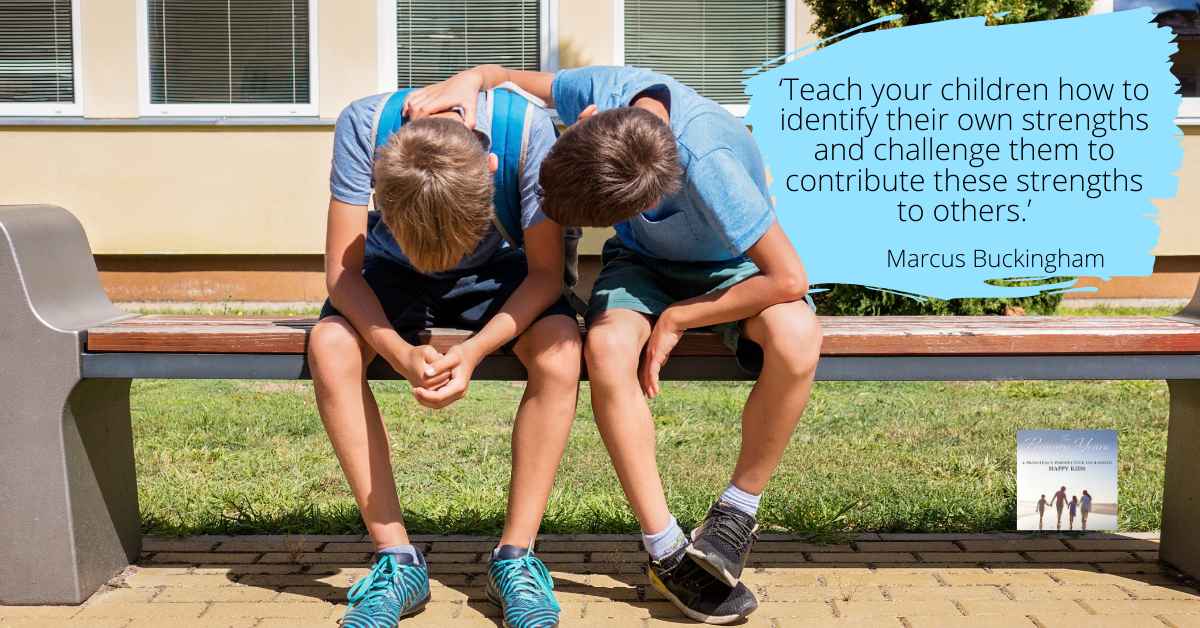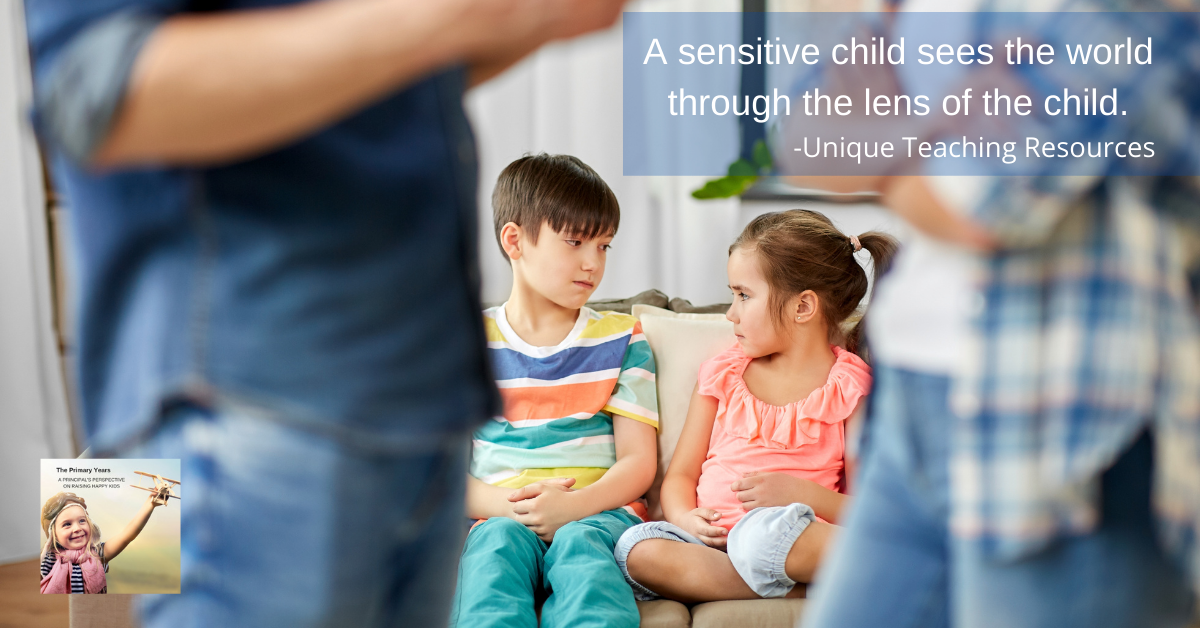On we go with lockdowns
Whilst I have written several times on this matter, it occurs to me that there is no problem in repeating how and what to do to help our children’s mental health during this period. Everything keeps shifting. As each week comes around, there is an evolution of new thoughts and discussions on how and what is best practice in managing the situation. This everchanging pattern leaves us very unsettled and searching for the truth.
In the longer term, we cannot understand or contemplate how our children will interpret this tumultuous period in their life. What we can do as parents though, is provide a secure climate at home, that keeps the positive alive and a sense of hope, a source of regular discussion.
Children need to feel secure and as parents, we are the source to make this provision. Our hope is that in the longer term, they remember us as parents who kept up with accurate information. They also want us to be honest. However, in the same vein, to give us hope, so that they have something to look forward to and to set a goal in these troubling times. Setting goals is aspiring to feeling and being better.
‘If I finish my on-line work, I will ride my bike with mum and dad in the park for two hours.’
This is most important that they trust what we have to say and look to us for further ongoing current, accurate information and guidance. It is our responsibility to keep them abreast with the changing situations, age-appropriate of course.
Take care not to talk the negative talk in front of them. They pick up on what is said and if it is unsettling, they may harbour that thought, without seeking accurate information. Children in my experience, do not approach adults who seem agitated or unsettled about their facts and feelings. They always gravitate around the stable influence in their life.
Through the internet, talking to friends, news items etc. information, correct or otherwise is everywhere. You are the main source of truth for your child. It is imperative that they want to seek you out when they have questions that make them unsettled. They will go to you if they see you as someone who will not falsify information, put them down or polish the truth. If you are a calm and stable person, that listens with very little reaction to the questions, then they know you are reliable and can be trusted.
Children are living their own journey with this pandemic and so they deserve the truth and the ability to build their knowledge base as time progresses. For example, we are now talking about the percentage of vaccines that are taken up as being significant to when and where we can open up our cities. The conversation keeps shifting and so too should the information and conversations we have with our children. Of course, we deliver the information in an age-appropriate way and as frequently as is needed.
I believe it is also important to be clear with your child how your family is responding to the lockdowns etc. For example, talk to them about how you shop, what precautions you take and how far you travel. These practical aspects are still to be understood by the child. The clearer they are about how their family operates under the pandemic, the safer they feel in the presence of their reliable family.
Your family has an immense responsibility during this pandemic of not just keeping your child safe from physical harm, but also from longer-term mental harm. The more secure, predictable and reassuring you are as a parent, the better the mental health for the child in the longer term.
“Family is your most reliable source of support in any situation because love from your family is unconditional.”



















